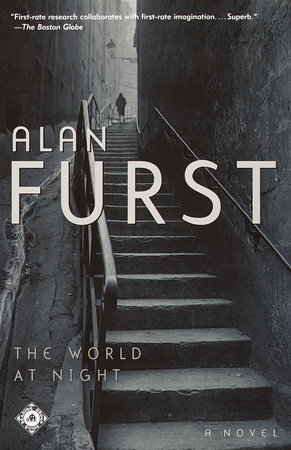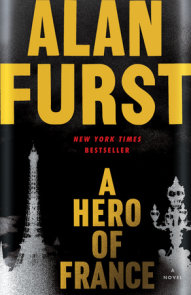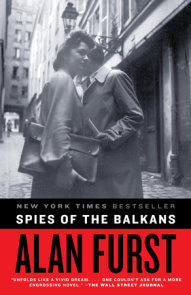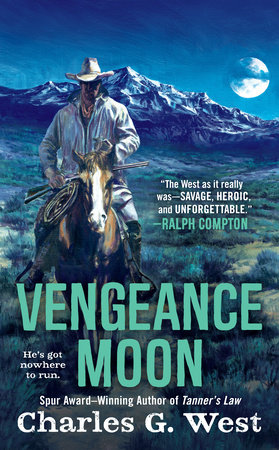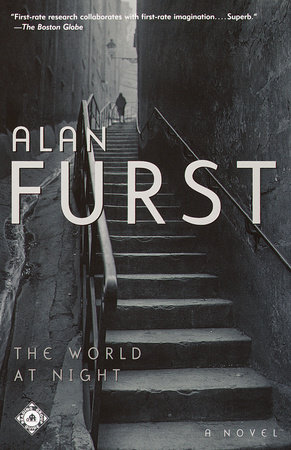

The World at Night
By Alan Furst
By Alan Furst
By Alan Furst
By Alan Furst
Category: Spy Novels | Historical Fiction | Suspense & Thriller
Category: Spy Novels | Historical Fiction | Suspense & Thriller

-
$19.00
Jan 08, 2002 | ISBN 9780375758584
-
Dec 18, 2007 | ISBN 9780307432773
YOU MAY ALSO LIKE
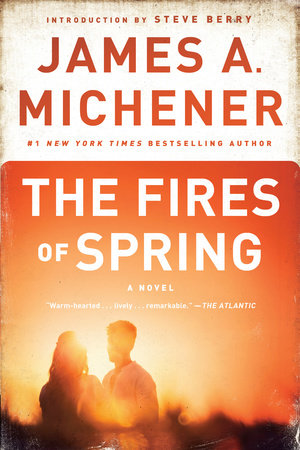
The Fires of Spring
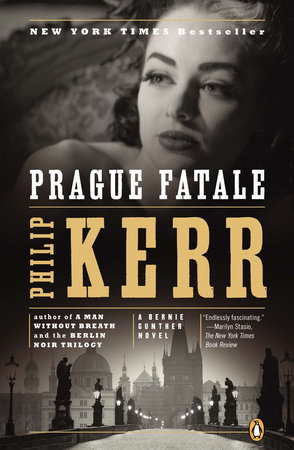
Prague Fatale
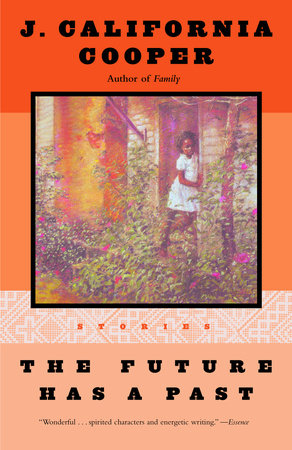
The Future Has a Past
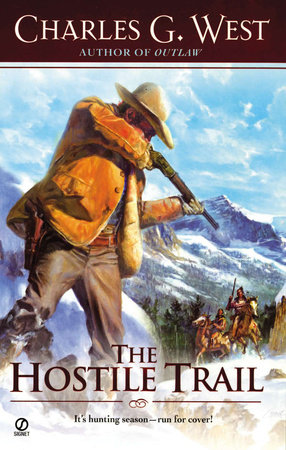
The Hostile Trail
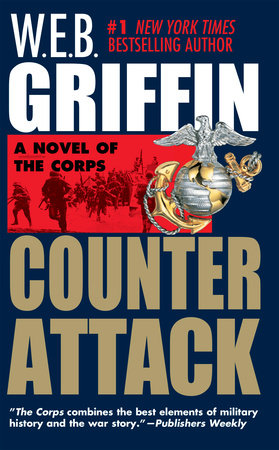
Counterattack

The Jerusalem Syndrome
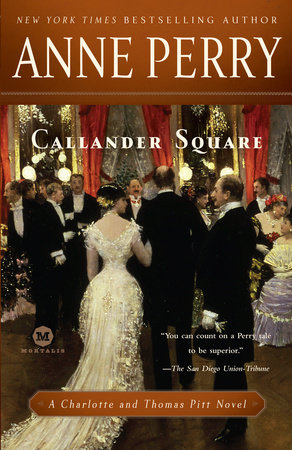
Callander Square
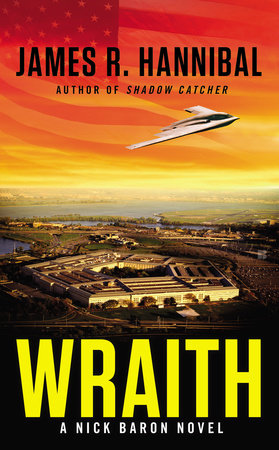
Wraith
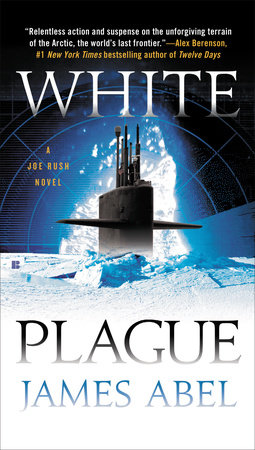
White Plague
Praise
“First-rate research collaborates with first-rate imagination. . . . Superb.”—The Boston Globe
“[The World at Night] earns a comparison with the serious entertainments of Graham Greene and John le Carré. . . . Gripping, beautifully detailed . . . an absorbing glimpse into the moral maze of espionage.”—Richard Eder, Los Angeles Times
“[The World at Night] is the world of Eric Ambler, the pioneering British author of classic World War II espionage fiction. . . . The novel is full of keen dialogue and witty commentary . . . . Thrilling.”—Herbert Mitgang, Chicago Tribune
“With the authority of solid research and a true fascination for his material, Mr. Furst makes idealism, heroism, and sacrifice believable and real.”—David Walton, The Dallas Morning News
21 Books You’ve Been Meaning to Read
Just for joining you’ll get personalized recommendations on your dashboard daily and features only for members.
Find Out More Join Now Sign In






